Our Values and Approach for Supporting Science
Accelerating science is a team effort. Collaboration, risk-taking, and staying close to scientific and patient communities are necessary to advance progress across biomedicine. By funding and supporting innovative science and technology, we can catalyze scientific discovery and accelerate the development of treatments and cures.
Our Values in Supporting Science
Our efforts in accelerating science are guided by the following values:
-
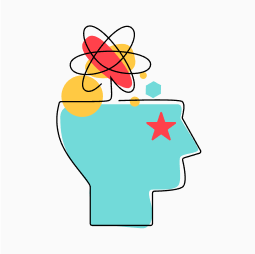
Work on deeply inspiring problems at the frontiers of science.
-
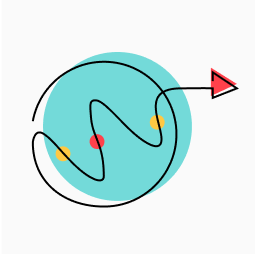
Catalyze scientific discovery by building and sharing technology that accelerates research.
-

Embody integrity, and strive to deliver excellence.
-

Practice open and direct communication, and exercise respect and inclusiveness.
Our Values in Action
We apply our values in everything we do:
-

We have a deep commitment to open science because it accelerates research and makes science more inclusive.
-

We invest in patient communities because this keeps us close to the work, accelerates research, and improves medical outcomes.
-

We seek out high-impact projects because these inspire people, demand excellence, and because we are building for the long term.
-
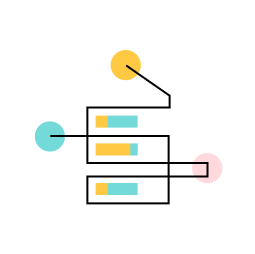
We are software-forward as an organization because we believe software is a powerful technology that accelerates science and can be shared at scale.
Our Approach to Supporting Science
We build, we fund, and we do:
-
and democratize software tools to drive biological insights
We’re building valuable technology that will help scientists better understand human health and disease. Our Science Technology Team develops and supports open-source software critical to accelerating biomedicine with the goal of democratizing emerging methods, tools, and datasets to increase their reach and utility. Learn more about our tools.
-
scientific research globally to advance biomedicine
Basic science holds the key to many unanswered questions about human biology. In partnership with diverse scientific, medical, and patient communities around the world, we work to identify unmet needs and barriers to success. We then set our scientific priorities and move them forward by funding biomedical research and building research-enabling infrastructure and capacity. Our grantees include experimental and computational biologists, physician-scientists, software developers, and a variety of nonprofit organizations—including those that are patient-led. Learn more about our science programs.
-
great science that cannot be done in conventional environments
We work on grand scientific challenges that may take 10 to 15 years to solve so we can complement the research activities that already exist in biomedicine. We are developing new types of research institutes where a diversity of disciplines and scientists come together to build tools made possible by collaboration across teams not usually incented or supported as collaborators. Learn more about our institutes.
Our Policies and Guidelines
We use a variety of mechanisms in supporting science, including targeted grantmaking and open competitions for research funds with Requests for Applications, or RFAs. We prioritize supporting research communities and not just individual researchers, so we support and facilitate workshops and hackathons that enable collaboration among our partners. Read the Community Participation Guidelines.
Data Sharing, Maintenance, and Security
We support open science. That means sharing data so scientists can build on each other’s work to make new discoveries faster. We are committed to the long-term sustainability of our projects, and when needed, we ensure long-term data access through permanent archives. In all projects involving human subjects, we work with our external partners and with regulatory groups to support data privacy and security, and ensure that data requiring protection or controlled access are handled in accordance with national and international standards.
Ethics
We hold ourselves and our scientific partners to the highest ethical standards. We require compliance with institutional and national standards for human subjects research and non-human animal research. In addition, we have specific policies addressing scientific misconduct, attribution of credit, respectful treatment of all persons without discrimination, and responsible use of grant funding.
Intellectual Property
We do not request rights to IP developed by our partners. However, any IP generated by a CZI-supported investigator and/or as part of a CZI-funded research project must be made freely available for all academic and non-commercial uses, including for nonprofit scientific research organizations and pre-commercial use by for-profit entities.
Project Evaluation
We seek to support scientists, research projects, and programs that make a long-term impact on important biomedical problems. We will evaluate this work through our own analysis and through expert advice.
We will evaluate the quality, productivity, reach, and scholarly collaboration of the programs and individuals we support. We will apply these criteria when making overall commitments to new and existing research programs, when reviewing individual grant applications, and during ongoing reviews of supported research through mandatory progress reports, investigator meetings, and lab visits.
Scientific Output
We will evaluate scientists, research projects, and programs by the new knowledge that they produce, emphasizing the quality, robustness, and rigor of that work. Evidence of productivity includes:
- Datasets
- Protocols and methods
- Software and code
- Scientific reagents and resources used by other groups
- Preprints
- Published papers
Tools and Resource Dissemination
We will measure the reach of science through its dissemination, data re-use, resource sharing, and adoption of tools. Evidence of reach includes:
- Deposition in open community repositories, including but not limited to:
- GitHub for software code
- Addgene for plasmids and other reagents
- Protocols.io for methods
- JAX for mice
- bioRxiv and arXiv for preprints
- Clinical and public health application
- Commercial development
- Citations of resources and papers
- Links, forks, pulls, and maintenance of software code
- Requests for reagents and resources, and their further use by the community
Collaboration
We will evaluate contributions to collaborative communities. Evidence includes:
- Leadership and participation in collaborative research projects
- Co-authored publications, protocols, and software code
- Career success of trainees and staff scientists associated with the research
- Acknowledgments for contributions to community resources and datasets
Publication
We support full publication without conditions or restrictions. We strongly encourage, and in some cases, require, researchers to deposit manuscripts as preprints before peer review to increase access to research findings and to communicate results more quickly.
Reagent Sharing
We expect that grantees will make reagents and resources available in a timely manner from the date of publication, and we encourage the use of existing community repositories where possible (e.g. Jackson Labs, Addgene, the Drosophila Stock Center at Bloomington, the Developmental Studies Hybridoma Bank). The requirement for sharing applies to clones, and to transgenic organisms and cell lines (including monoclonal antibodies).
Software
We release software developed by our own team and our funded partners under maximally permissive open-source licenses, and develop software collaboratively in the open through websites like GitHub.
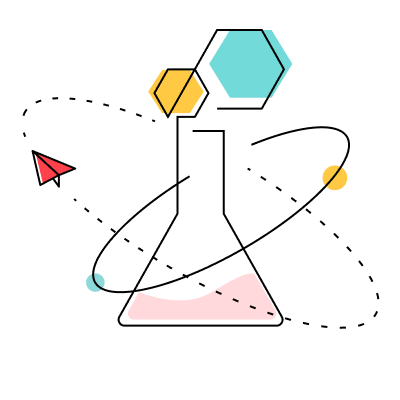
Join Our Science Mailing List
Be the first to know about new funding opportunities.
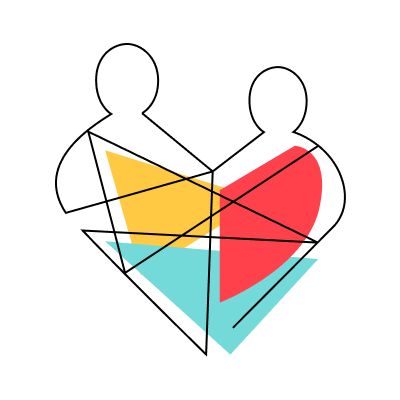
Join Our Team
Explore our job openings.
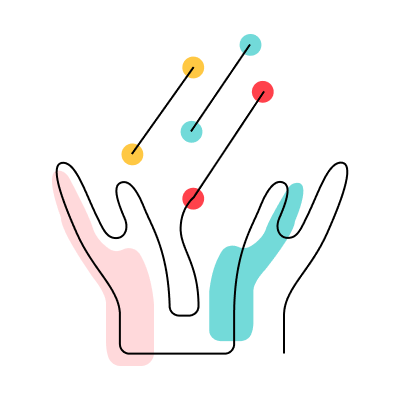
Explore Our Grant Resources
Read our Request for Applications.



